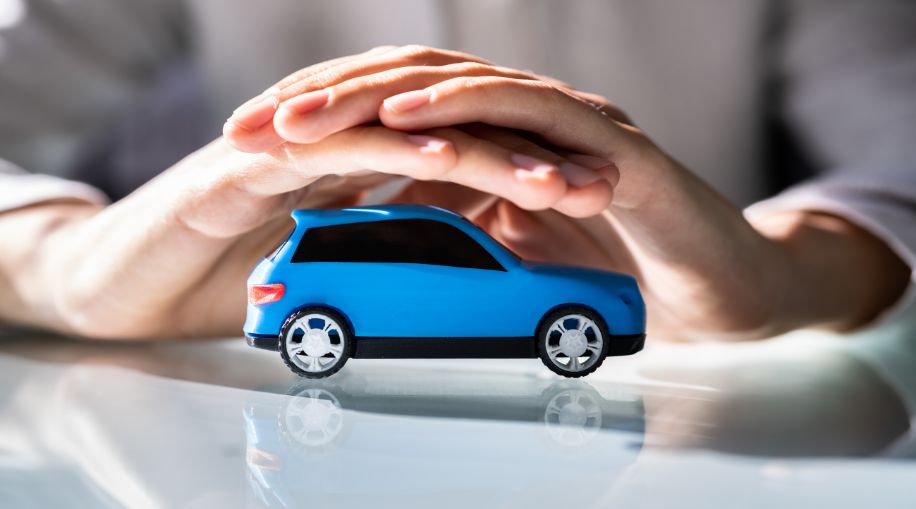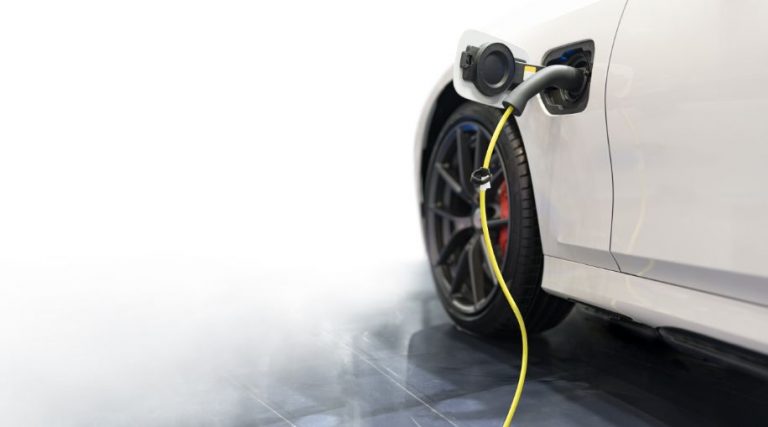Roadmap to Protection
Essential Insurance When Buying a Car
When it comes to buying a car, one of the most critical aspects you need to consider is insurance. Car insurance is not just a legal requirement in many places; it's also a safeguard for you, your passengers and your vehicle. However, with so many insurance types out there and every provider claiming to offer the best bundle, knowing which policy type you need can be difficult. So, read on to learn about six of the most common types of car insurance when buying a car to get you a head start on browsing the market!
1. Liability Insurance
Liability coverage is the most basic form of car insurance. This type of insurance is often mandated by law and for a good reason. Liability insurance primarily protects you from financial ruin in case you're at fault in an accident that results in injury to another person or damage to their property.
There are two forms of liability insurance. These include:
- Bodily Injury Liability: covers the medical expenses, rehabilitation costs and even legal fees if someone else is injured due to your actions while driving. This type of coverage is crucial in helping you fulfill your responsibility to others and avoid personal financial strain.
- Property Damage Liability: covers the cost of repairing or replacing the property of others that you may damage in an accident. This includes vehicles, buildings, fences or any other structure or object you may collide with.
While liability insurance doesn't cover your medical expenses or vehicle repair costs, it's necessary to protect your financial well-being and adhere to legal requirements.
Related Search Topics (Ads)
2. Collision Insurance
Imagine you're involved in an accident and your car sustains damage. In such a scenario, collision insurance comes to the rescue. This type of coverage pays for the repairs or even the replacement of your vehicle, irrespective of who is at fault. Whether you collided with another car, hit a pole or found yourself in a single-car accident, collision insurance has got you covered.
Collision insurance is particularly valuable if you have a relatively new or expensive vehicle, as repairing or replacing it can be costly. This coverage ensures you can get back on the road without worrying about the financial burden of repairing your car.
3. Comprehensive Insurance
While collision insurance covers damage resulting from accidents, comprehensive insurance takes care of a broader range of incidents. This coverage is designed to protect your vehicle from non-accident-related damages, such as theft, vandalism, natural disasters and even encounters with animals.
Picture this: your car gets stolen or damaged by a hailstorm, or a deer darts in front of your vehicle. Without comprehensive insurance, these situations could leave you with hefty expenses. However, with comprehensive insurance, you can breathe easier knowing that your insurer will handle the financial aspects of these unforeseen events.
4. Uninsured/Underinsured Motorist Coverage
Despite insurance requirements, some drivers on the road don't have adequate coverage or any insurance. If you're unfortunate enough to get into an accident with a motorist who is unable to provide proof of insurance, you may find yourself in a challenging situation and needing the coverage of uninsured/underinsured motorist insurance.
This type of insurance provides protection in case you're involved in an accident with a driver who either has no insurance or insufficient coverage to pay for your medical bills and damages. It essentially fills the gap left by the other driver's lack of responsibility.
Uninsured/underinsured motorist coverage can be a lifesaver, ensuring that you're not left to shoulder the financial burden caused by someone else's negligence, so it’s worth looking into to save you the hassle down the road.
5. Personal Injury Protection (PIP)
Injuries resulting from car accidents can range from minor cuts and bruises to severe, life-altering conditions. Personal injury protection, often referred to as PIP insurance, is designed to cover your medical expenses and, in some cases, lost wages, regardless of who is at fault in an accident.
PIP insurance goes beyond the scope of traditional health insurance, ensuring that you and your passengers are well taken care of after an accident. Depending on the car insurance policy, it can cover medical treatments, rehabilitation and even funeral expenses. Additionally, if your injuries prevent you from working, PIP can provide compensation for the income you've lost during your recovery.
This type of coverage is especially vital if you don't have health insurance or if your health insurance has limited coverage for accident-related injuries.
6. Gap Insurance
If you've financed or leased your vehicle, gap insurance is an essential consideration. When you drive a new car off the dealership lot, it begins to depreciate immediately. In the unfortunate event of a total loss, such as theft or a severe accident, your primary insurance may only cover the vehicle's current market value. This can leave you with a financial gap between what you owe on your loan or lease and the insurance payout.
Gap Insurance bridges this gap. It ensures that you don't end up owing money on a vehicle you no longer possess. This is particularly valuable for individuals still making car payments, as it offers peace of mind and financial security.
Drive Confidently
While you might not rely on it every day, when you desperately need it, you will have wished you looked further into car insurance. So, save yourself from worry down the road by taking the time to understand the policy options available to you and getting in touch with providers to get a quote today!

